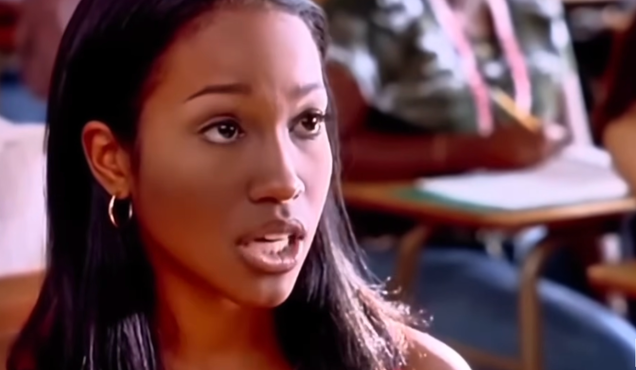In the vast ocean of literary expression, there's a current whose power and depth is often left unexplored. This current, the African American literary tradition, has been flowing and shaping the landscape of American culture since 1619. The black quill, wielded by countless authors, poets, and playwrights of African descent, has penned some of the most poignant narratives, pivotal social critiques, and profound explorations of the human condition.
The first written expressions from African Americans appeared not as novels or plays, but as songs, spirituals, and oral narratives. These were the humble beginnings of an extraordinary literary tradition, one that would come to play an integral role in the American narrative.
When Phillis Wheatley, an enslaved African woman, published her first poem in 1773, she did more than just put ink to paper. She shattered the societal constructs that had been built around her, using the power of her intellect and the eloquence of her prose to confront the dehumanizing institution of slavery. Wheatley's poetic prowess was a bold assertion of humanity in the face of systemic oppression.
Fast forward to the late 19th and early 20th centuries. A new generation of African American authors was emerging. Writers like W.E.B. Du Bois, Zora Neale Hurston, and Langston Hughes were crafting narratives that explored the complexities of African American life, from the struggles of the post-Reconstruction South to the vibrancy of the Harlem Renaissance.
These authors' works were not just about racial identity; they explored universal themes of love, loss, hope, and despair. Their stories resonated across racial boundaries, encouraging readers of all backgrounds to question their assumptions and expand their understanding of the human experience.
In the latter half of the 20th century, authors like James Baldwin, Toni Morrison, and Maya Angelou emerged. Their works, characterized by raw emotional depth and incisive social commentary, added new layers to the African American literary tradition. They explored the intricacies of racial and social dynamics, the legacy of historical trauma, and the persistent pursuit of identity and self-expression in a society fraught with racial tensions.
Today, African American literature continues to evolve, with contemporary authors like Ta-Nehisi Coates, Chimamanda Ngozi Adichie, and Colson Whitehead adding their unique voices to this vibrant tapestry of storytelling. Their narratives, while firmly rooted in the African American experience, continue to explore universal themes that speak to readers from all walks of life.
In the end, the African American literary tradition is not just about the color of the authors' skin or the specific cultural experiences they write about. It's about the human spirit's resilience, the thirst for freedom and self-expression, and the power of storytelling to heal, to challenge, and to transform. It's about the universal power of the written word, wielded by the black quill.


